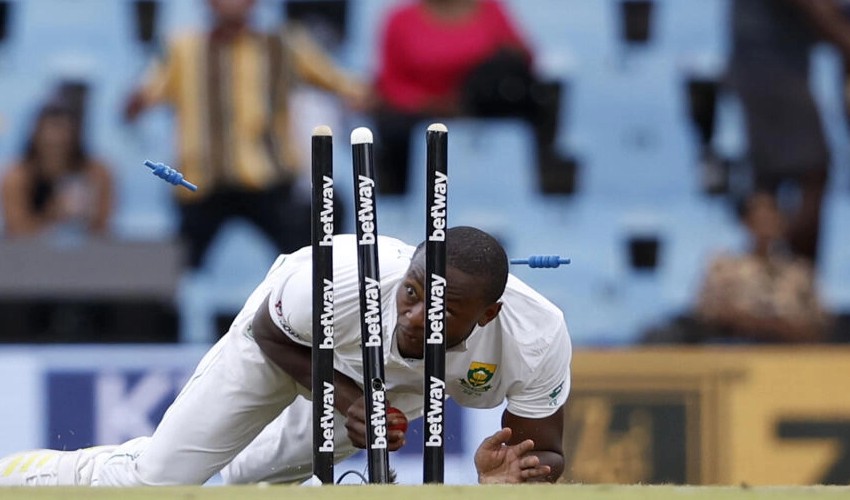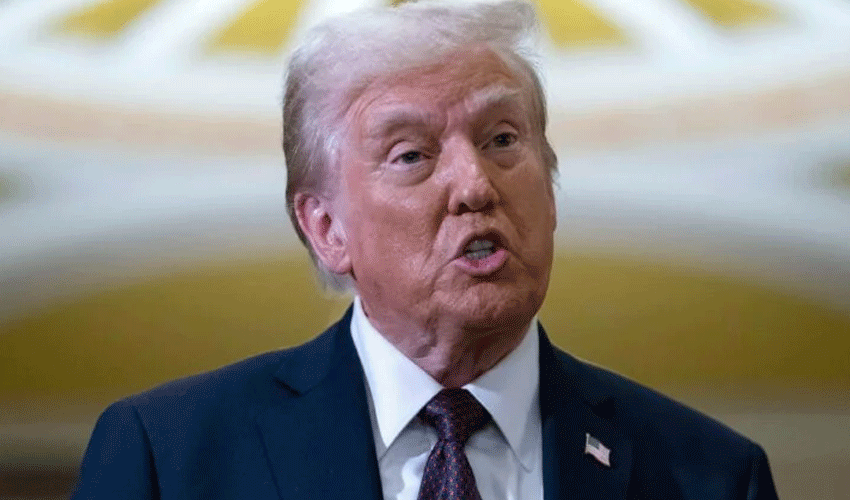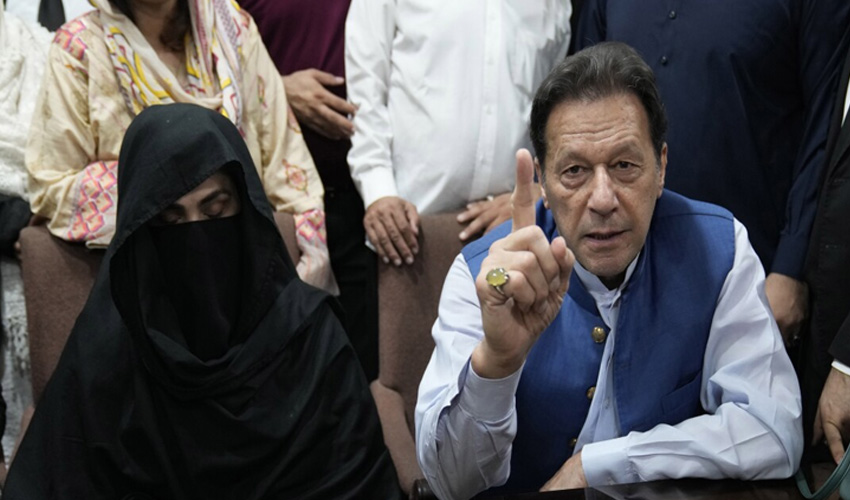South Africa's T20 World Cup squad had stirred debate over their racial composition, with nine white players dominating the selection.
Coach Rob Walter defended his choices, emphasising the priority of assembling a winning Proteas team. This departure from past policies reflects a shift within Cricket South Africa (CSA), supported by director of cricket Enoch Nkwe.
CSA CEO Pholetsi Moseki acknowledged concerns about the team's makeup but cited "cricket reasons" for the balance. The squad comprises nine whites, one black African, and five players of mixed race or Asian origin. This stark contrast to the 2016 squad underscores changes in selection criteria since then.
Following the 2016 T20 World Cup, CSA faced criticism from the government for its slow transformation in cricket. Formal racial representation targets were subsequently introduced, with a maximum of five whites and a minimum of two black Africans per team. At the domestic level, quotas aim to cultivate a larger pool of black talent for international competition.
Despite ongoing transformation efforts, the T20 squad's composition reflects the challenges of achieving diversity. Walter and Test coach Shukri Conrad have been tasked with selection authority, with input from Nkwe. Looking ahead to the 2027 Cricket World Cup, CSA aims to meet transformation objectives, recognising the disparities across different formats.
Nkwe emphasised the need for improvement in T20 cricket while expressing hope for increased black representation in the future. Walter echoed this sentiment, stressing the importance of nurturing talent to reshape the team's demographics. Beyond tournaments, CSA remains committed to developing players and fostering inclusivity in South African cricket.



























